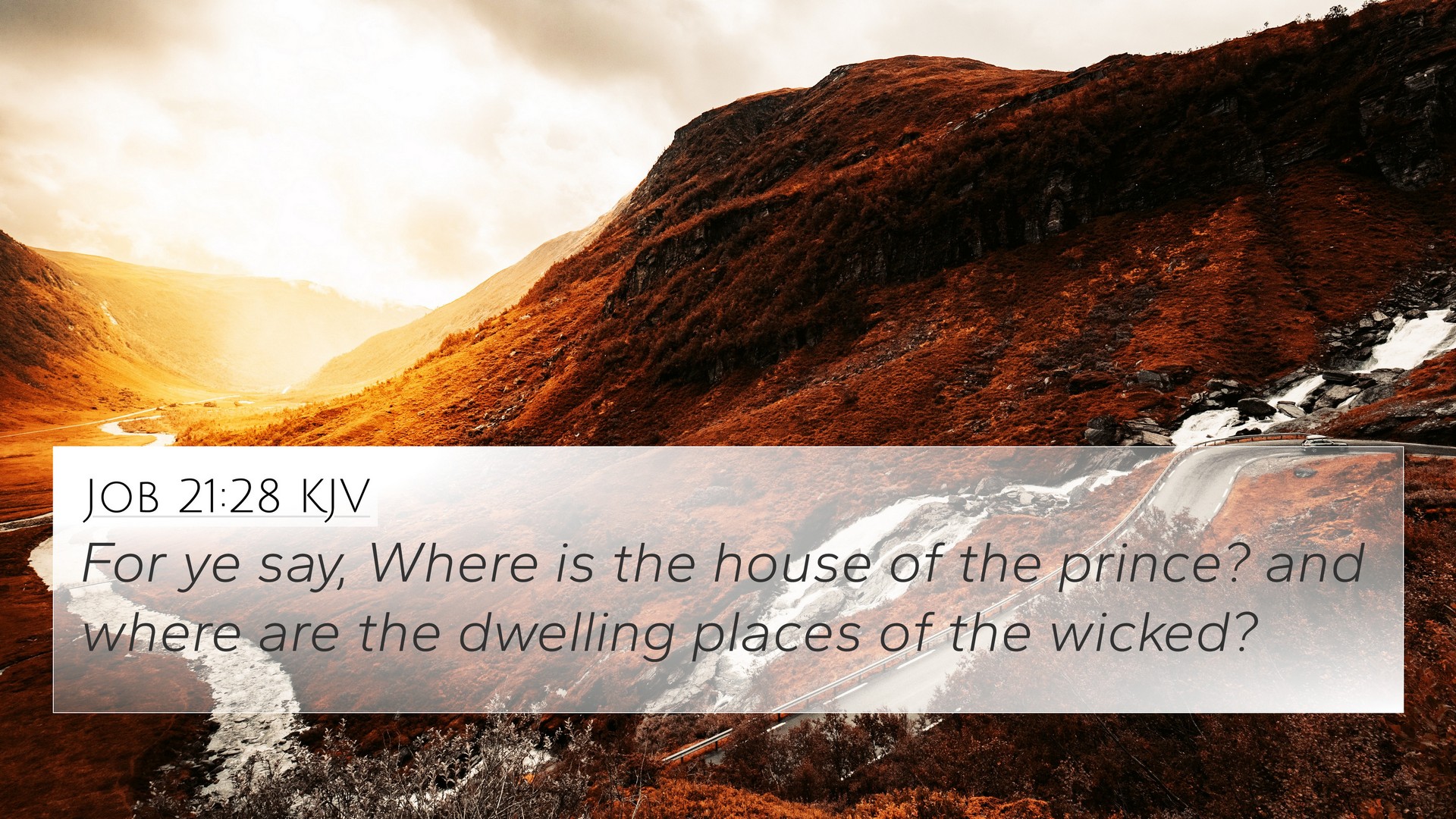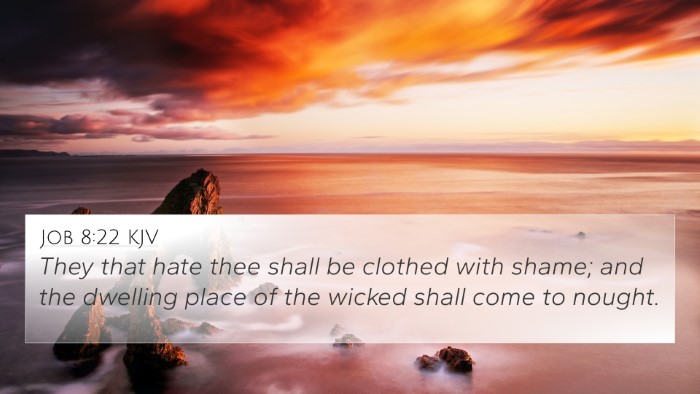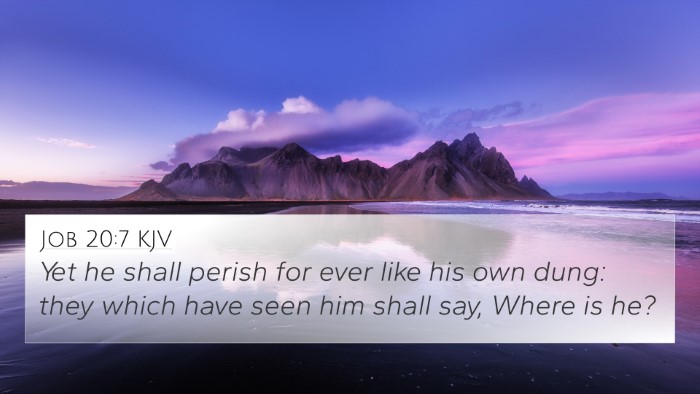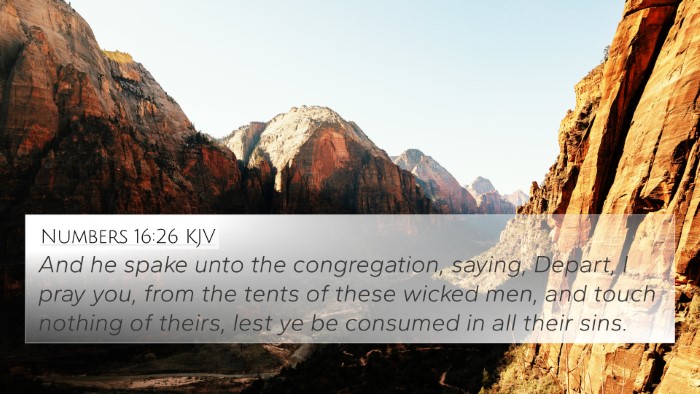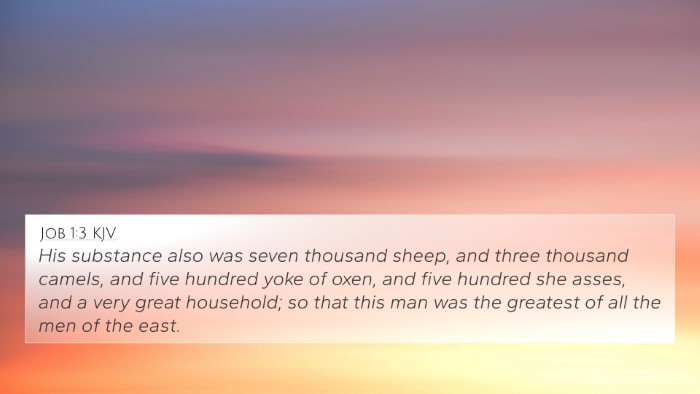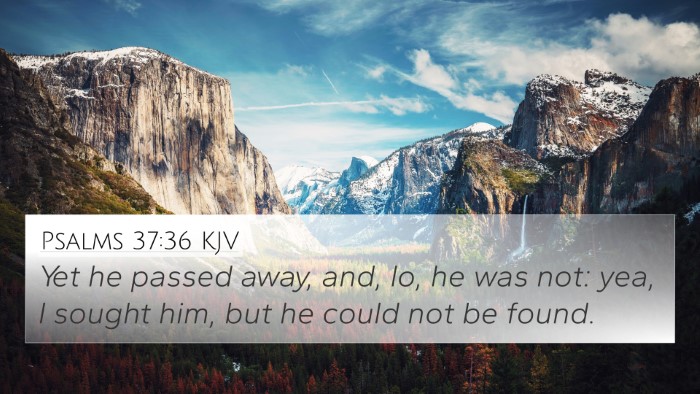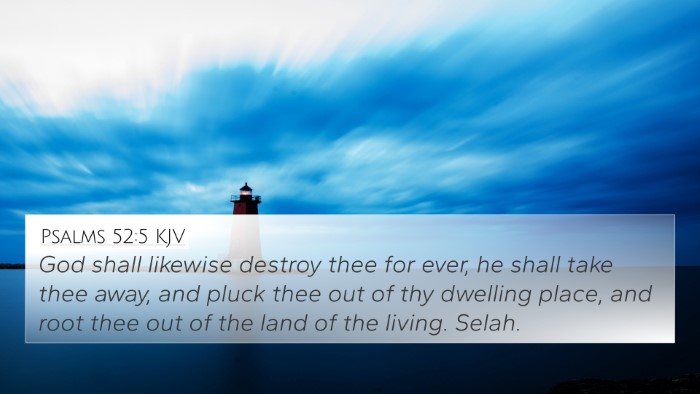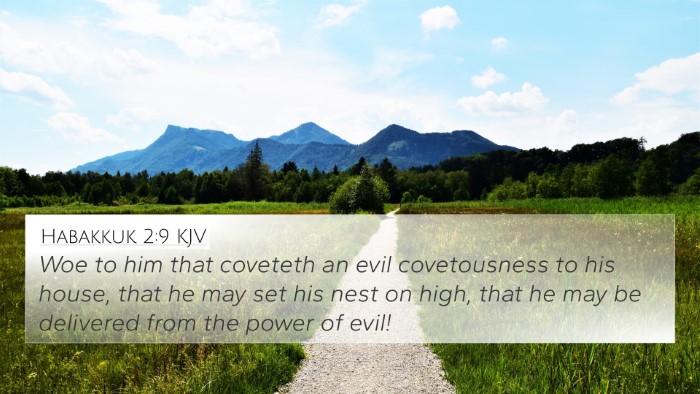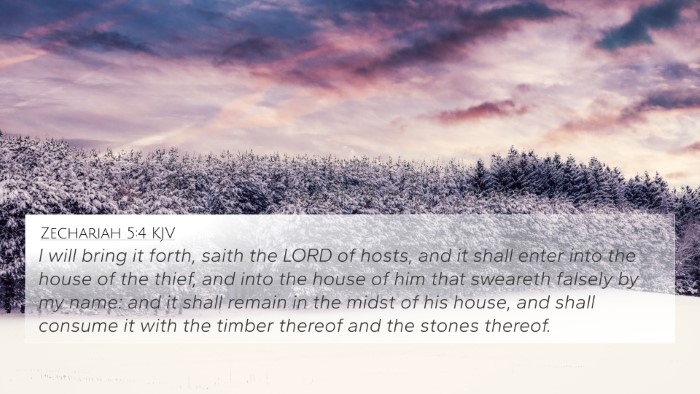Understanding Job 21:28
Job 21:28 states, "For you say, 'Where is the house of the noble, and where are the tents of the wicked?'." This verse encapsulates the profound inquiry Job makes regarding the fate of the wicked and the seemingly prosperous life of the noble. Here, we delve into a deeper interpretation through public domain commentaries.
Commentary Insights
-
Matthew Henry:
Henry interprets this verse as a reflection on the apparent prosperity of the wicked. He points out that Job is challenging the assumptions that the wicked will inevitably face punishment, illustrating that their lives often appear stable and flourishing.
-
Albert Barnes:
Barnes emphasizes the rhetorical nature of Job's question. He suggests that Job is lamenting the injustice of life where the wicked seem to thrive without consequence, inviting readers to consider the enigmatic nature of divine justice.
-
Adam Clarke:
Clarke asserts that Job is not only questioning the fate of the wicked but also reflecting on his own suffering compared to the wicked's prosperity. He highlights the need for steadfast faith despite outward circumstances that seem unjust.
Bible Verse Cross-References
Job 21:28 resonates with several other biblical texts. Here are some pertinent cross-references that illuminate its themes:
- Psalm 73:3-4: Discusses the envy of the wicked and their seemingly carefree lives.
- Proverbs 20:24: Reflects on how the Lord directs a man’s steps, even in moments of apparent prosperity for the wicked.
- Ecclesiastes 8:14: Explores the idea of righteous judgment and the perplexities of life where both good and bad receive similar outcomes.
- Jeremiah 12:1: Questions the ways of God towards the wicked and contrasts it with the fate of the righteous.
- Luke 13:1-5: Jesus’ remarks on the fate of those who perish in calamities, implying that suffering is not an exclusive mark of the wicked.
- Romans 9:22-24: Discusses God’s sovereignty and mercy towards vessels of wrath and mercy, alluding to divine justice.
- Hebrews 12:1-2: Encourages perseverance by looking to Jesus, showing how the faithful journey despite unfair appearances.
Connections and Themes
The verse captures the theme of theodicy, which is the philosophical attempt to justify God's goodness despite the existence of evil and suffering. Job’s questioning is a recurring motif throughout the Bible, revealing a deeper spiritual struggle that many face. This theme is crucial for anyone exploring bible verse connections and understanding the wider narrative of Scripture.
Comparative Bible Verse Analysis
This verse can be linked to numerous discussions on how bible verses relate to each other, focusing particularly on the prosperity of the wicked:
- Thematic Connections: The book of Job serves as a narrative hub for exploring suffering and justice, paralleling the themes in Proverbs and Psalms.
- Inter-Biblical Dialogue: The conversations between different sections of Scripture can help in understanding characters like Job and their plight against human and divine justice.
- Overall Theme of Justice: It raises significant questions about God’s justice, making it relevant for discussions on eternal matters, particularly in prophetic and wisdom literature.
Conclusion
In Job 21:28, the rich tapestry of commentary insights merges to provide a comprehensive understanding of Job's plight and questions regarding divine justice. Engaging with the verse through the lens of cross-referencing Biblical texts and contextual analysis prepares readers for deeper biblical study.
Tools for Bible Cross-Referencing
To explore the connections inherent in Scripture more fully, consider utilizing:
- Bible Concordance: An essential tool for locating themes and keywords across different verses.
- Bible Cross-Reference Guide: A systematic approach to exploring interconnectivity between verses.
- Comprehensive Bible Cross-Reference Materials: Collections that present parallels among texts for deeper study.
- Bible Chain References: A method that links scripture passages by themes or topics.
